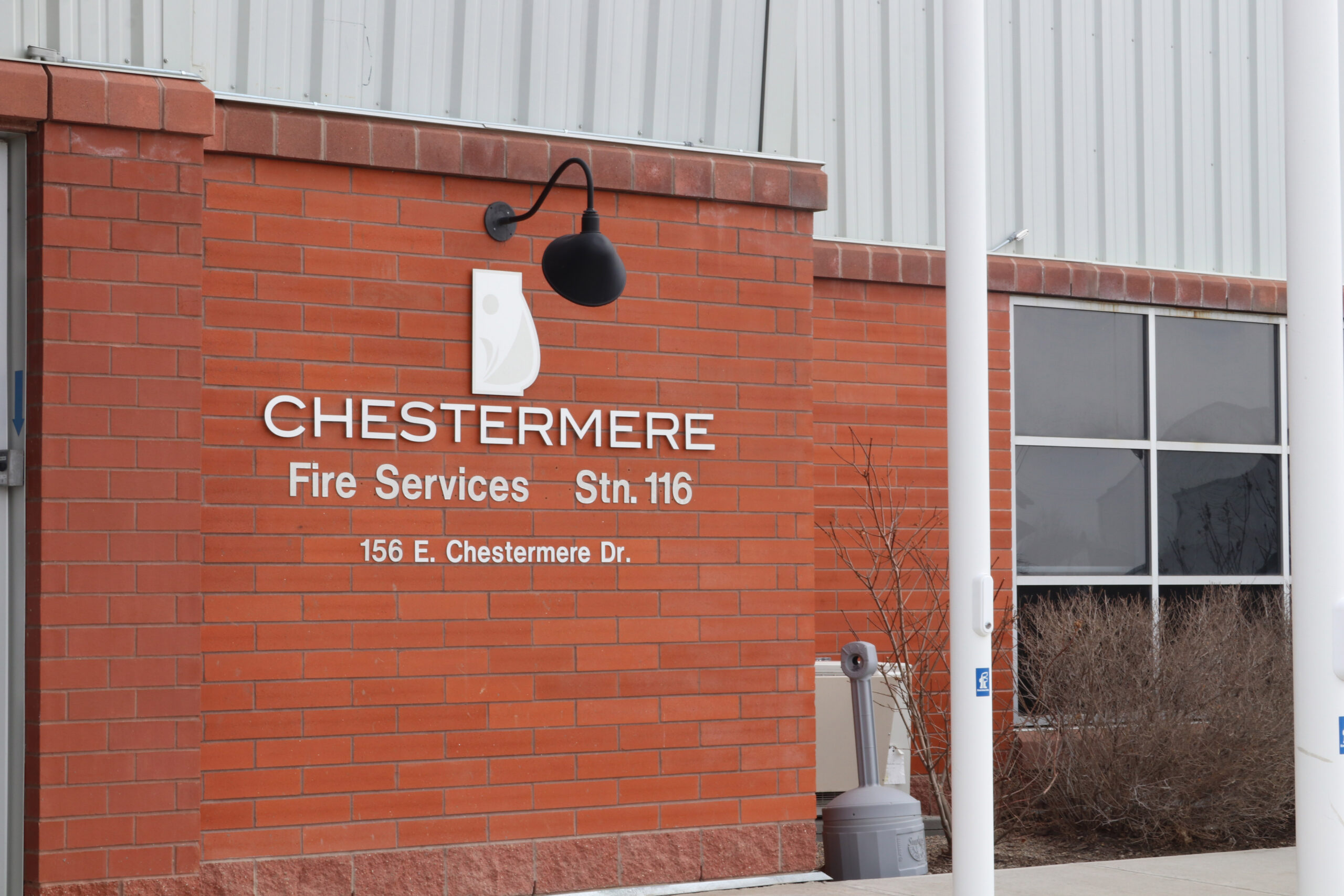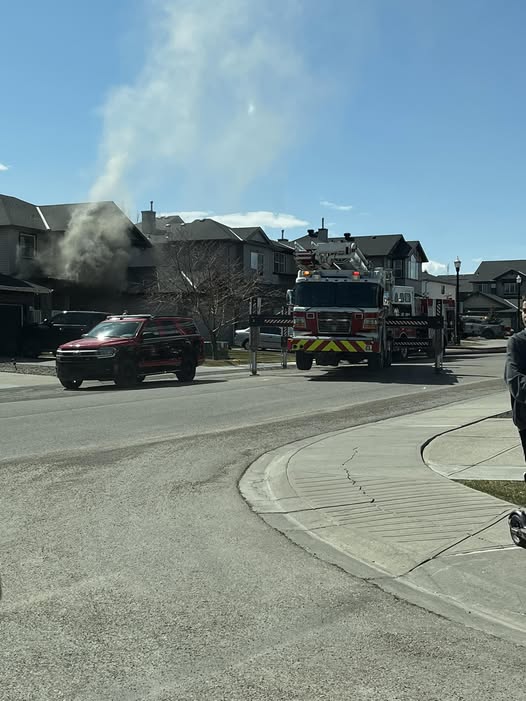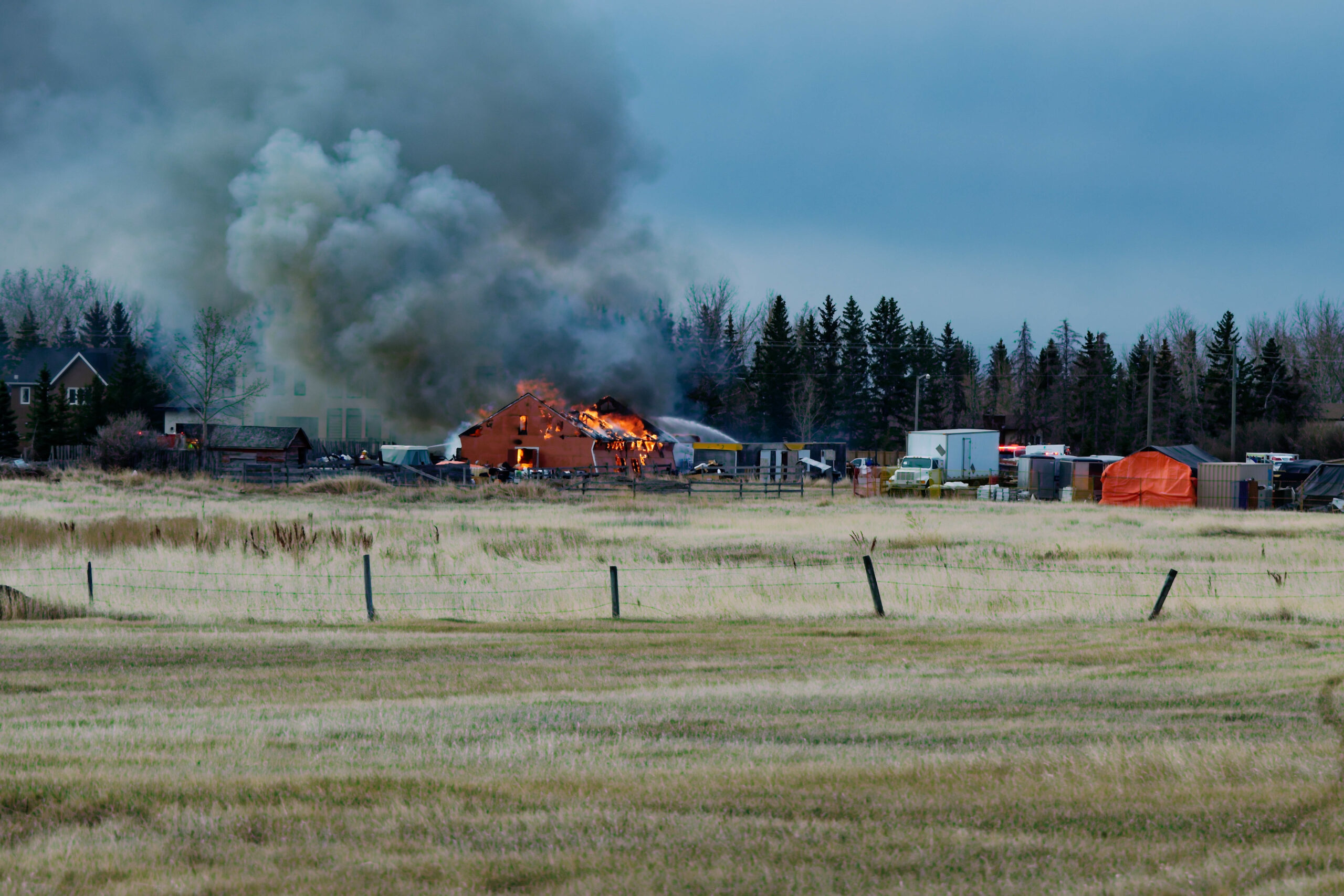The government of Alberta is modernizing the province’s liquor laws following the Gaming, Liquor, and Cannabis Amendment Act, 2020 announcement on Feb. 26.
“This legislation is about modernizing aspects of the act by cleaning up complicated and unnecessary requirements, making common sense updates, and clearing the way for responsible drinking in parks, said the Associate Minister of Red Tape Reduction Grant Hunter.
In total, there are five proposed amendments to Bill 2, the Gaming, Liquor, and Cannabis Amendment Act, 2020.
“Together, these changes are a conscious effort by our government to review, simplify, and modernize legislation across the board,” Hunter said.
“They also reflect our commitment to cut red tape, remove roadblocks for businesses and make life easier for Albertans,” Hunter said.
The first amendment, Hunter added, is the one that will likely impact the most Albertans directly.
It was proposed that under Bill 2, the Gaming, Liquor, and Cannabis Amendment Act, 2020, the restrictions on public liquor consumption in parks will be lifted, under the park owner’s discretion.
The proposed amendment would apply to municipal parks, picnic areas, provincial parks, and recreational areas.
“This would mean that park owners would allow public liquor consumption without food in designated picnic areas within their parks,” Hunter said.
If passed, liquor consumption would ultimately be up to the owners and operators of any given park to decide whether or not to allow liquor consumption in clearly marked areas.
“This amendment is about giving responsible adults the ability to enjoy a drink in our beautiful parks and eliminating the red tape that hampers municipalities and landowners from making decisions for their constituents and patrons,” Hunter said.
“We don’t think that we have to be prescriptive on adults. We trust Albertan adults to make good decisions. There will be some people who will make bad decisions, but we have laws for that,” he said.
Under the proposed amendments, municipalities and Métis settlements would no longer be required to hold a vote of their electorates, when receiving the first application for liquor licenses within the jurisdiction.
“We’re making it more efficient and less costly for municipalities to respond to liquor license applications in their regions,” Hunter said.
“This is a rare occurrence, but when it does happen, it’s costly and time consuming for these communities to hold a vote,” he said.
Communities can still hold a vote on an initial liquor license if it’s deemed to be in the best interest. However, if the amendment is passed, it would no longer be required.
“These amendments are a clear signal that we are serious about making sure Alberta has an open and modern regulatory system. These amendments will have a positive effect on municipalities and licenses by eliminating unnecessary processes and getting rid of cumbersome rules,” Hunter said.
“Where it is possible, we are trying to provide as much local decision making to our communities,” he added. “It also reduces red tape for Alberta Gaming, Liquor, and Cannabis, (AGLC) by making it easier to grant liquor licenses. It’s a win-win for all individuals involved.”
The proposed amendments would allow the AGLC to impose conditions on liquor licenses.
“We have a reasonability to make sure there is safety within our communities in Alberta, and this is allowing AGLC, rather than waiting for an infraction, to be proactive if there is evidence that some establishments are causing problems or doing things they shouldn’t be doing. This allows them the right and ability to make changes to that license,” Hunter said.
However, the Alberta counties of Cardston County and portions of the County of Warner have been repealed of the Bill 2, the Gaming, Liquor, and Cannabis Amendment Act, 2020.
“I have a deep understanding of towns in these regions, that chose to be dry communities. By repealing this section of the act, we are not introducing liquor sales in this region,” Hunter said.
“This is about creating clear legislation and giving communities direct control of their jurisdictions. We are making our legislation uniform across the province, reducing complexity and red tape,” he said.
The government of Alberta plans to introduce updates to the Gaming, Liquor, and Cannabis regulations in the coming weeks.
“These changes will aim to unify aspects of our liquor laws into modern times, and eliminate red tape, making life easier for Albertans,” Hunter said.











